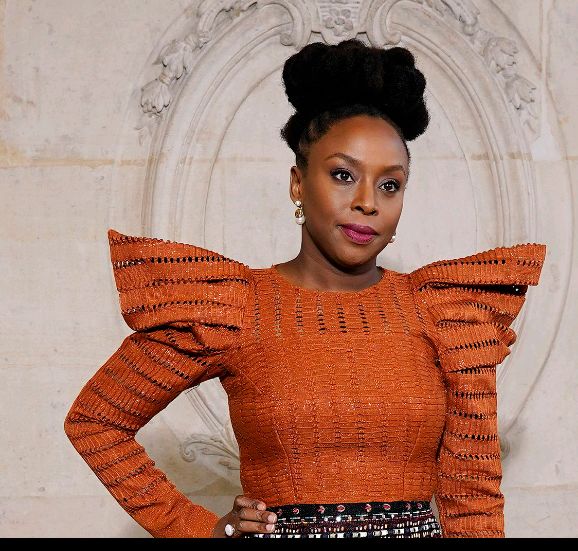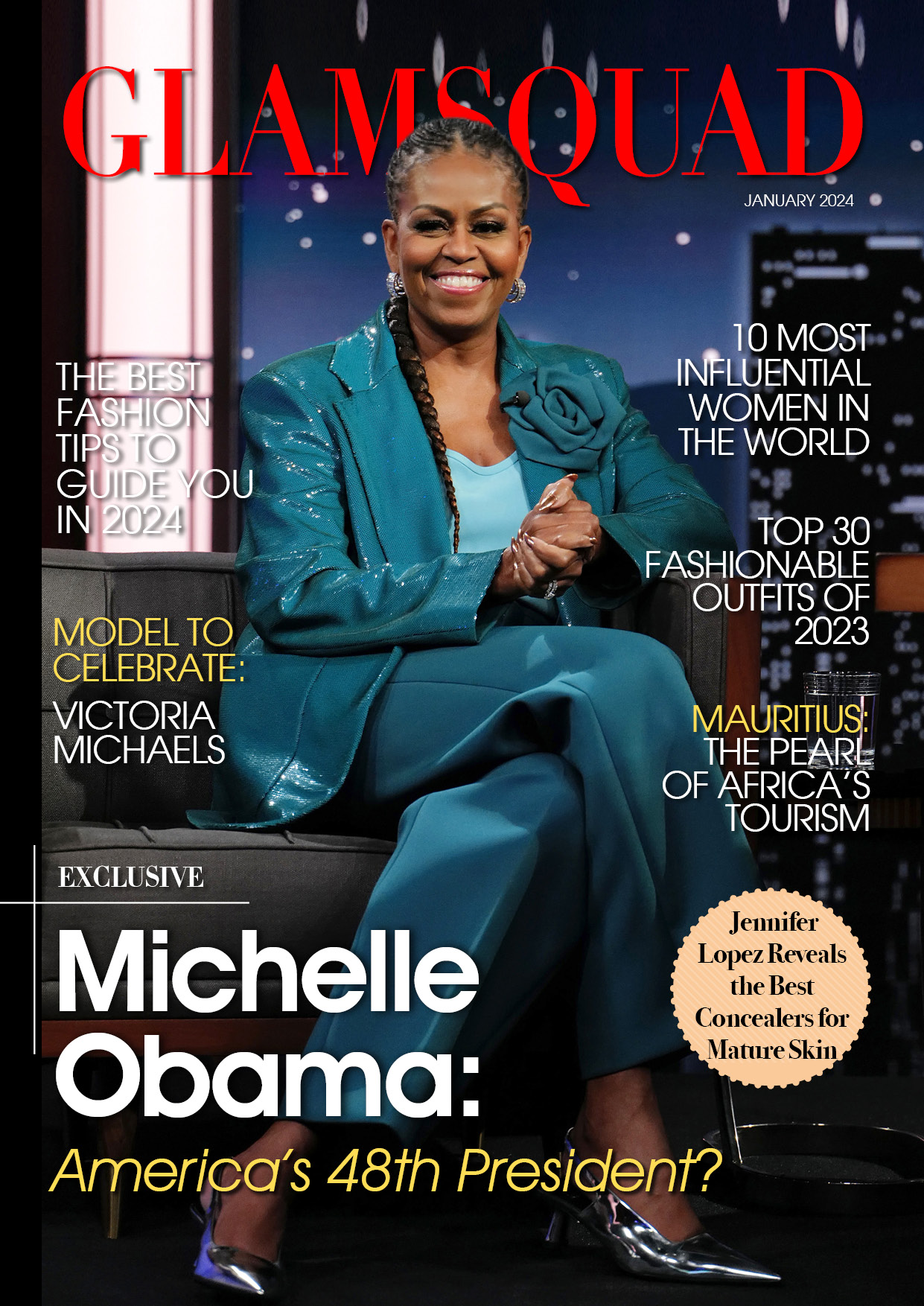Chimamanda Ngozi Adichie was born on September 15, 1977, in Enugu, Nigeria. She grew up in Nsukka, a town in southeastern Nigeria, where her father worked as a professor at the University of Nigeria and her mother was the university’s first female registrar. Adichie’s early exposure to education and literature played a crucial role in shaping her future as a writer. Read also

At a young age, she developed a passion for storytelling and writing. Adichie started penning her own stories as a child, and her literary talent was evident early on. Her parents encouraged her creativity and love for reading, fostering an environment that nurtured her budding writing career. Read also

In 1997, Adichie moved to the United States to attend college. She pursued a degree in communication and political science at Drexel University in Philadelphia before transferring to Eastern Connecticut State University, where she graduated magna cum laude in 2001. During her time in the U.S., she continued to develop her writing skills and began working on her first novel, “Purple Hibiscus.” Read also
In 2003, Adichie obtained a master’s degree in creative writing from Johns Hopkins University in Baltimore. “Purple Hibiscus,” her debut novel, was published in 2003 and received critical acclaim. The book won the Commonwealth Writers’ Prize for Best First Book (Africa Region) and announced her arrival as a significant literary talent.
Her second novel, “Half of a Yellow Sun” (2006), gained even more recognition and widespread acclaim. The book, set during the Nigerian-Biafran War, earned her the Orange Prize for Fiction (now known as the Women’s Prize for Fiction) and solidified her position as one of the most prominent African writers of her generation.
Adichie’s subsequent works, including “The Thing Around Your Neck” (short story collection, 2009), “Americanah” (2013), and “Dear Ijeawele, or A Feminist Manifesto in Fifteen Suggestions” (2017), further cemented her literary success and garnered numerous accolades and awards.
Apart from her novels and short stories, Adichie is also known for her influential TED Talks, such as “We Should All Be Feminists,” which has been adapted into a book and is widely celebrated as an essential feminist text.
Throughout her career, Chimamanda Ngozi Adichie has used her platform to advocate for social justice, gender equality, and the importance of diverse representation in literature. Her writing continues to resonate with readers worldwide, and she remains an inspiring figure, not only for aspiring writers but also for those passionate about challenging societal norms and prejudices through the power of storytelling.











